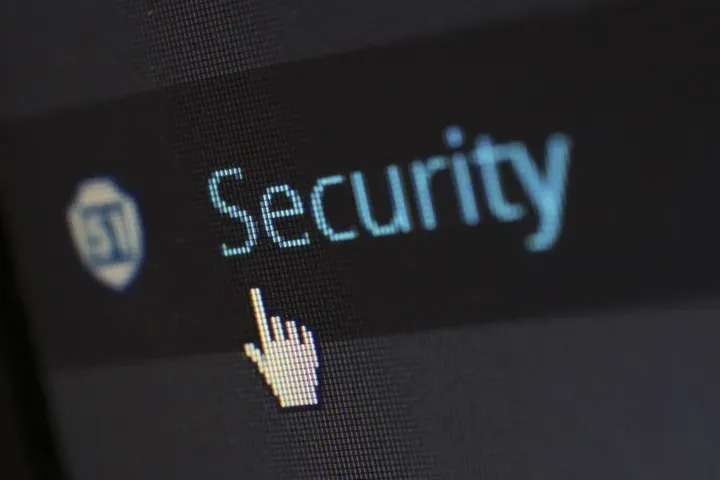
Security measures are more important today than ever before
Having a global IT team working remotely has become a common practice for many businesses. While this setup offers numerous benefits, such as increased flexibility and access to a broader talent pool, it also presents unique challenges in terms of data security. Protecting sensitive information and maintaining the integrity of your company's data becomes paramount when team members are spread across different regions and time zones. In this blog post, we'll explore essential data security measures to implement when managing a remote global IT team.
1. Establish a Robust Security Policy:
A well-defined security policy serves as the foundation of your data protection efforts. Outline clear guidelines for your remote IT team members regarding the usage of company devices, access to sensitive data, and appropriate communication channels. Cover topics such as password policies, two-factor authentication (2FA), and regular software updates. Regularly review and update this policy to adapt to emerging security threats and technology changes.
2. Embrace Secure Communication Channels:
Communication is key to the success of any remote team, but it should also be secure. Encourage your global IT team to use encrypted communication tools for both internal and external communication. Encrypted messaging apps and secure video conferencing tools help prevent unauthorized access to sensitive information.
3. Implement Virtual Private Networks (VPNs):
Require your remote team members to use VPNs when accessing company resources from different locations. VPNs encrypt internet traffic, making it much harder for hackers to intercept sensitive data. Ensure that your IT team understands the importance of connecting to secure networks, especially when handling confidential information.
4. Enforce Device Security:
Remote team members might use various devices to perform their tasks. Ensure that all devices, whether company-provided or personal, adhere to security standards. Mandate the use of strong passwords or biometric authentication methods, enable device encryption, and provide guidelines for secure device usage and storage.
5. Regular Security Training:
Stay ahead of potential security risks by conducting regular training sessions for your remote IT team. Educate them about the latest cyber threats, phishing attacks, and social engineering tactics. Foster a culture of vigilance by encouraging team members to report any suspicious activities promptly.
6. Role-Based Access Control (RBAC):
Implement RBAC to ensure that team members only have access to the data and systems necessary for their specific roles. Avoid giving overly broad access privileges, as this minimizes the potential damage caused by a security breach.
7. Data Encryption:
Ensure that sensitive data is stored and transmitted in encrypted formats. Utilize end-to-end encryption for communication tools and encrypt files and data at rest. This safeguards information even if unauthorized access occurs.
8. Regular Security Audits:
Conduct regular security audits to identify vulnerabilities and gaps in your data security measures. Collaborate with your IT team to address these issues promptly. Penetration testing can also help identify potential entry points for hackers.
9. Secure Cloud Infrastructure:
If your remote IT team uses cloud services, choose reputable providers that prioritize data security. Implement multi-factor authentication, encryption, and regular security updates for cloud-based applications and storage.
10. Incident Response Plan:
Despite all precautions, security incidents can still occur. Have a well-defined incident response plan in place to mitigate damage, restore systems, and communicate effectively in case of a breach. Regularly review and update this plan to align with changing threats and technologies.
Managing a remote global IT team requires a proactive and multifaceted approach to data security. By implementing these measures and fostering a culture of security awareness, you can protect your company's sensitive information and maintain the trust of your clients and partners. Stay adaptable and stay informed about the evolving cybersecurity landscape to ensure the continued success of your remote IT team.





